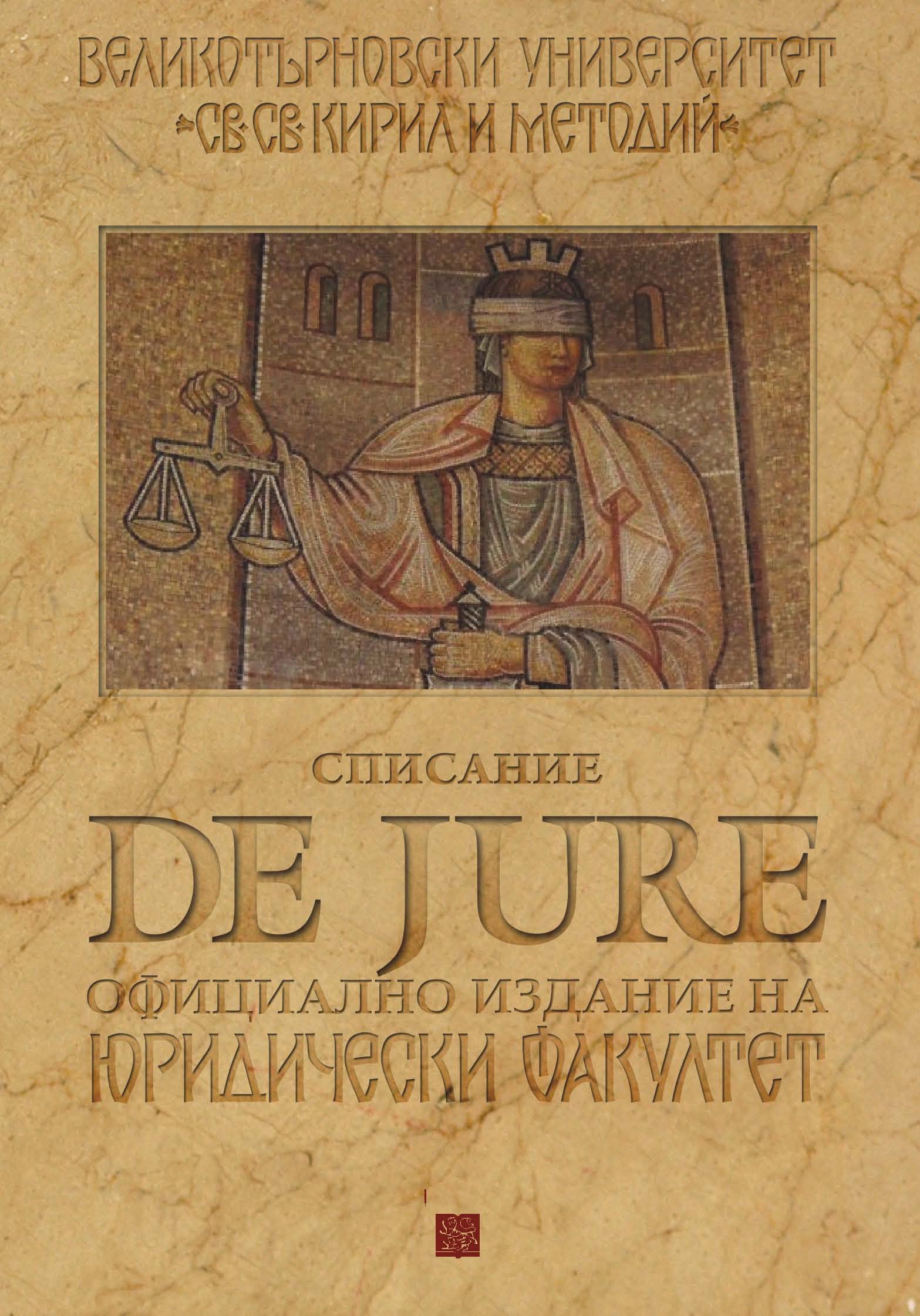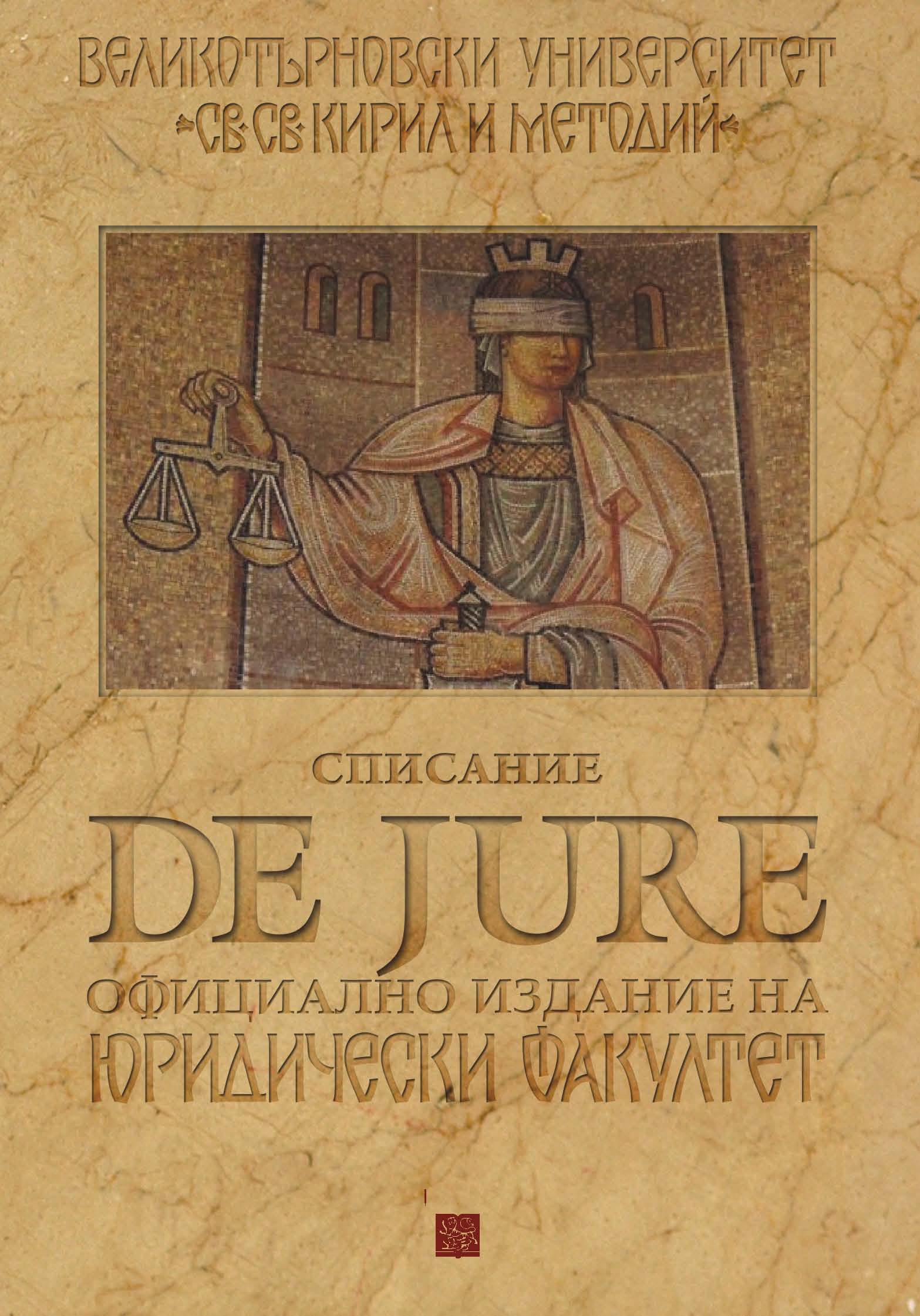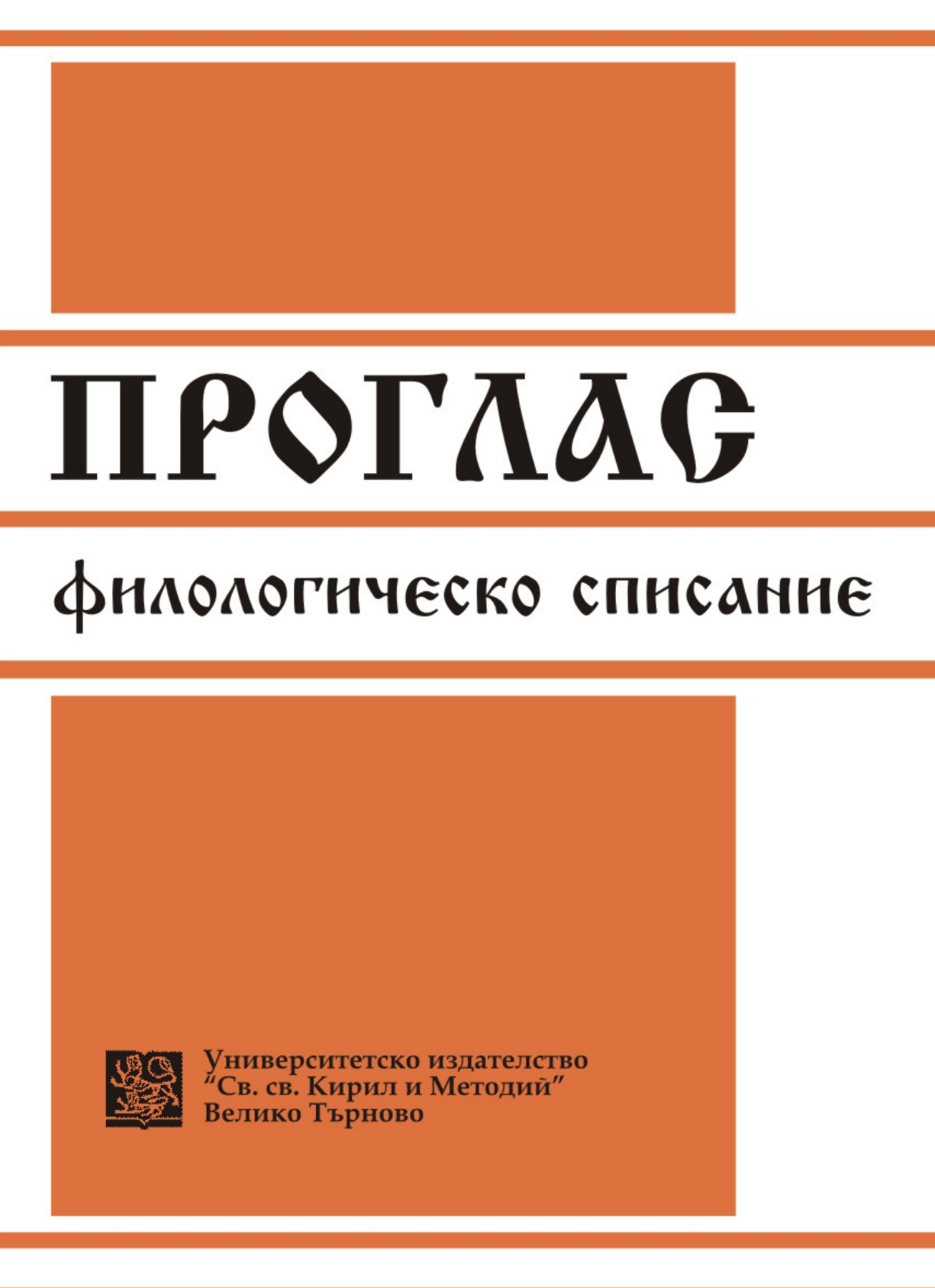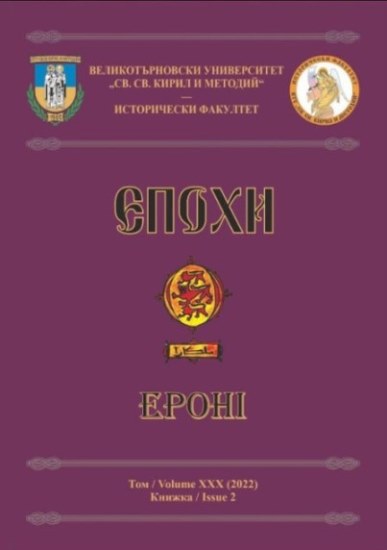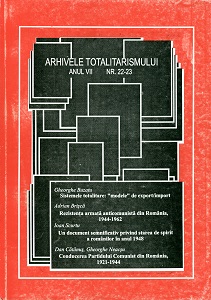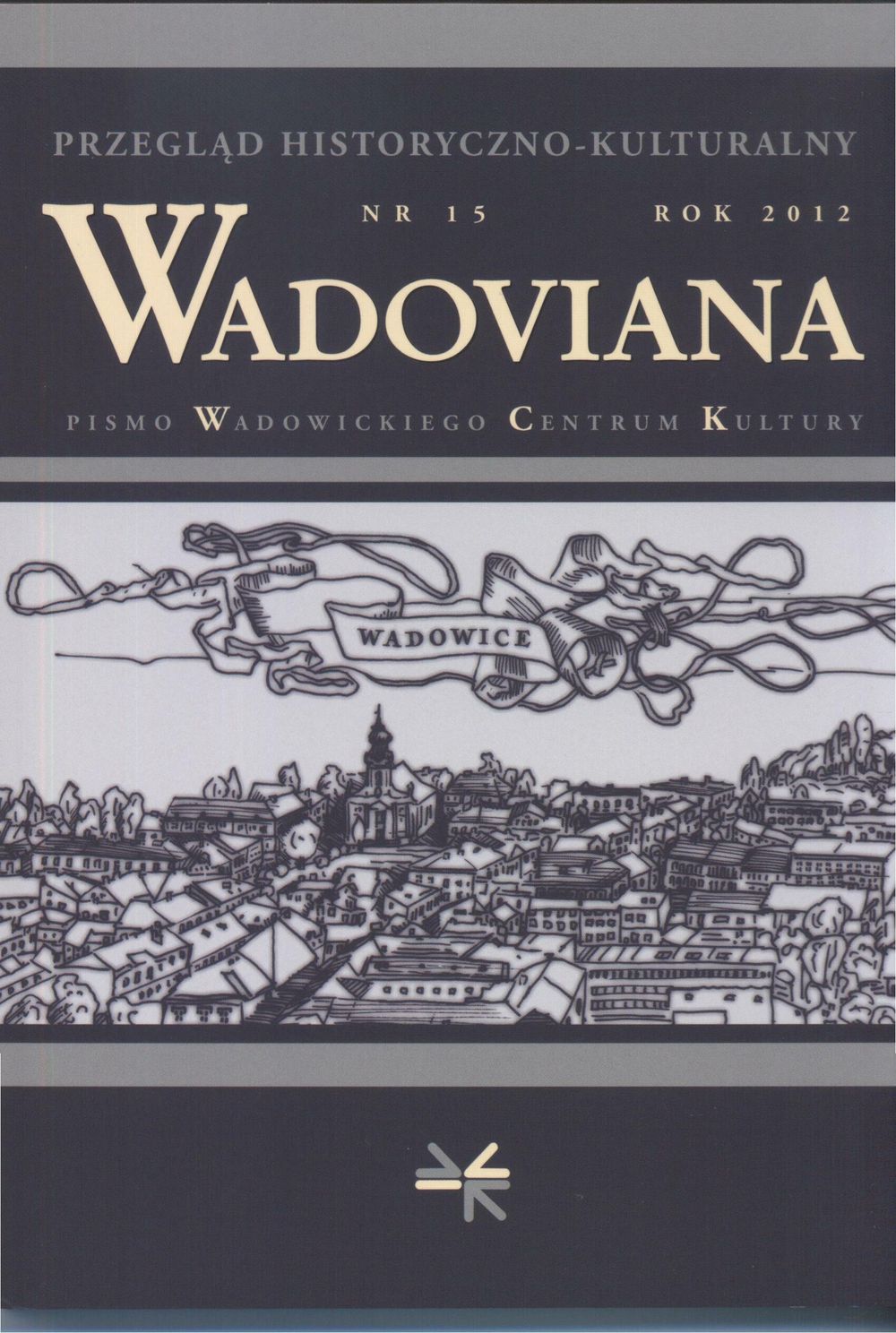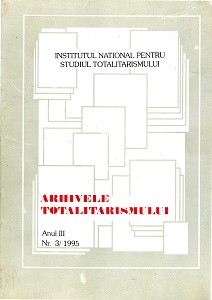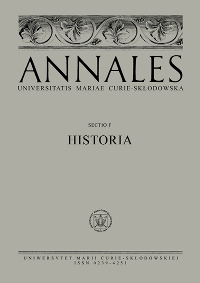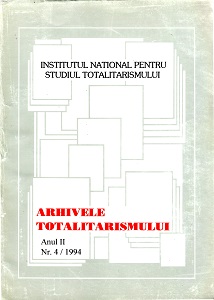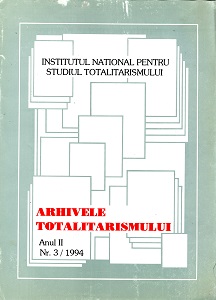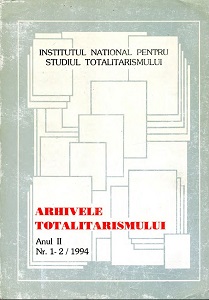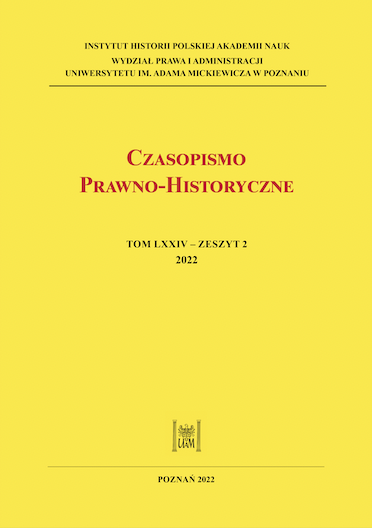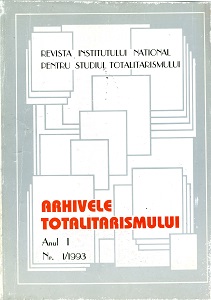Author(s): Konrad Meus / Language(s): English,Polish
Issue: 15/2012
Józef Baum came from a Saxon family. His forebears came to Poland along with the elected King Augustus II at the turn of the seventeenth and eighteenth centuries. Both Józef ’s father and grandfather were high officials in the Austrian Civil Service in Galicia. Józef was born in 1821 as the fifth child of Antoni and Helena (nee Walczak) Baum. The parents planned a military career for him. He quickly cast aside those plans, however, and after completing the Military Academy in Wiedeń, he settled in the family estate in Kopytówka (in the Wadowice district). Th ere, he became known as an exceptional organiser and administrator of his lands. He quickly earned respect among the local peasants. It is likely that it was this widely held esteem among the people that gave Baum his entrée to the National Seym, or Assembly, in Lwów. In 1861 he was selected as a delegate to the Seym for his first term from the Wadowice-Andrychów district. In Lwów he represented the Fourth Curia, which meant that Baron Baum was elected by the peasants, who must have entrusted him to advocate for their interests. Baum’s meteoric political career was interrupted by the outbreak of the January Uprising in Congress Poland. Despite the fact that that drive for independence included only the Polish lands in the Russian partition, the organisation of aide - mainly military aide – was undertaken on behalf of the insurrectionists. A significant role in this fell to Józef Baum, who had been a member of the independence organisation, the National Committee for Western Galicia (later transformed in the National Provisional Council for Western Galicia). In August 1863 he was arrested by the Austrian authorities on accusations of treason. In the absence of compelling proof, he was cleared of the charges and in June of the following year he was released from prison in Lwów. At the beginning of the era of autonomy in Galicia, Józef Baum again became involved in political affairs on both the regional and national levels. He was particularly noted for his activities in the parliament in Wiedeń, and as the President of the Department of the Poviat in Wadowice. Baum’s role in the creation of "modern" Wadowice is not adequately appreciated today, as it should be remembered that it was through his aid in the City on the Skawa that, among other achievements, the seat of the large Circuit Court was located there, and that city was the site of the first Poviat Savings Bank in Galicia. Without a doubt, Baum also took part in the opening of the Polish gymnasium in Wadowice, which in the nineteenth century became one of the most important cultural institutions in the region. Just before his death, of Józef Baum was involved in supporting the city government in efforts to enlist Wadowice in the circle of the “greater cities of Galicia”, which came into eff ect a few years aft er he passed away. Józef Baum von Appelshofen died suddenly in Wiedeń in March 1883. His passage sent a shudder through the community of Wadowice and people involved in the city’s and the region’s affairs. In October of 1884, the city councillors of Wadowice decided to erect a monument with his bust. This initiative was met with support from the majority of the people of the city. Th e choice of location for the new monument was obvious to its founders. A socle with a bust of the Baron was to stand in the centre of the square between the building of the Circuit Court and the gimnazjum. It was completed in 1887. Since that time, through the decades, it has become a part of the landscape of the city, and a reminder to successive generations of the citizens of Wadowice of a great Polish patriot and a person who did great service for Wadowice and the Wadowice Poviat.
More...
